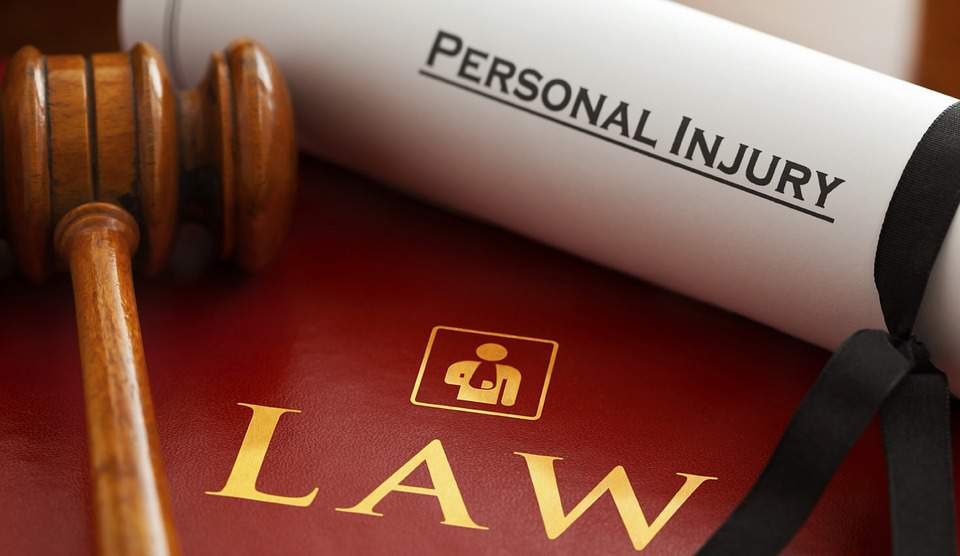No one wants to be subject to an accident because it is a traumatic experience. However, the last thing you want to do is fork out the money when the accident wasn’t your fault. It is possible that this hypothetical scenario could become a reality if you are not careful. As you don’t want that to happen, you need to what steps to take should you be injured and it is not your fault. So, what do you need to do to claim compensation?
Figure Out If You Have A Claim
Your first step is to find out whether you have a legitimate claim or whether you will get laughed out of court. Not every accident will result in compensation, and you don’t want to waste money on a dead end. Fortunately, it is easy to do because you can look on numerous websites on the Internet. The experts at moneyforlawsuits.com will tell you walk you through the process and give you all the info you need.
Hire A Lawyer
Alternatively, you may want to go down the conventional route of hiring a personal injury attorney. Attorneys in personal injury specialise in accidents that are not your fault. As a result, you can use their experience and skill to find you the best deal. After you know that you have a good case, you need an expert to guide you through the process. After all, the law is complex. In fact, it is that complex that the pros can find it difficult from time to time.
Settle Your Expectations
The main thing that your lawyer will do is make an offer with regards to compensation. Before they can accept anything, they need you to confirm the deal. Although they are experts, and they will have a figure in mind, they are not the ones in charge. In essence, they are your conduit and are working vicariously through you. As a result, you need to decide how much you are willing to accept. Obviously, you need to take your attorney’s opinions seriously as they have the experience. But, you are the one that has to live with it for the rest of your life.
Negotiate
Before you accept or refuse an offer out of hand, try and negotiate. The opposing party is never going to accept your first demands because that is an irresponsible approach. They also want the best deal for their client, and they will play hardball. Still, just because they reject the proposals doesn’t mean they are not willing to compromise. Send word that you are willing to negotiate and don’t let your emotions rule your head. To help, take a look at this negotiation guide on lifehacker.com.
Go To Court
If that doesn’t work, it is time to go to court. The only person that can decide whether you are right and how much you should get is a judge. Their word is final, so you know that is the end of proceedings when they make their ruling.
But, it shouldn’t get to this point if your case is solid.












Add Comment